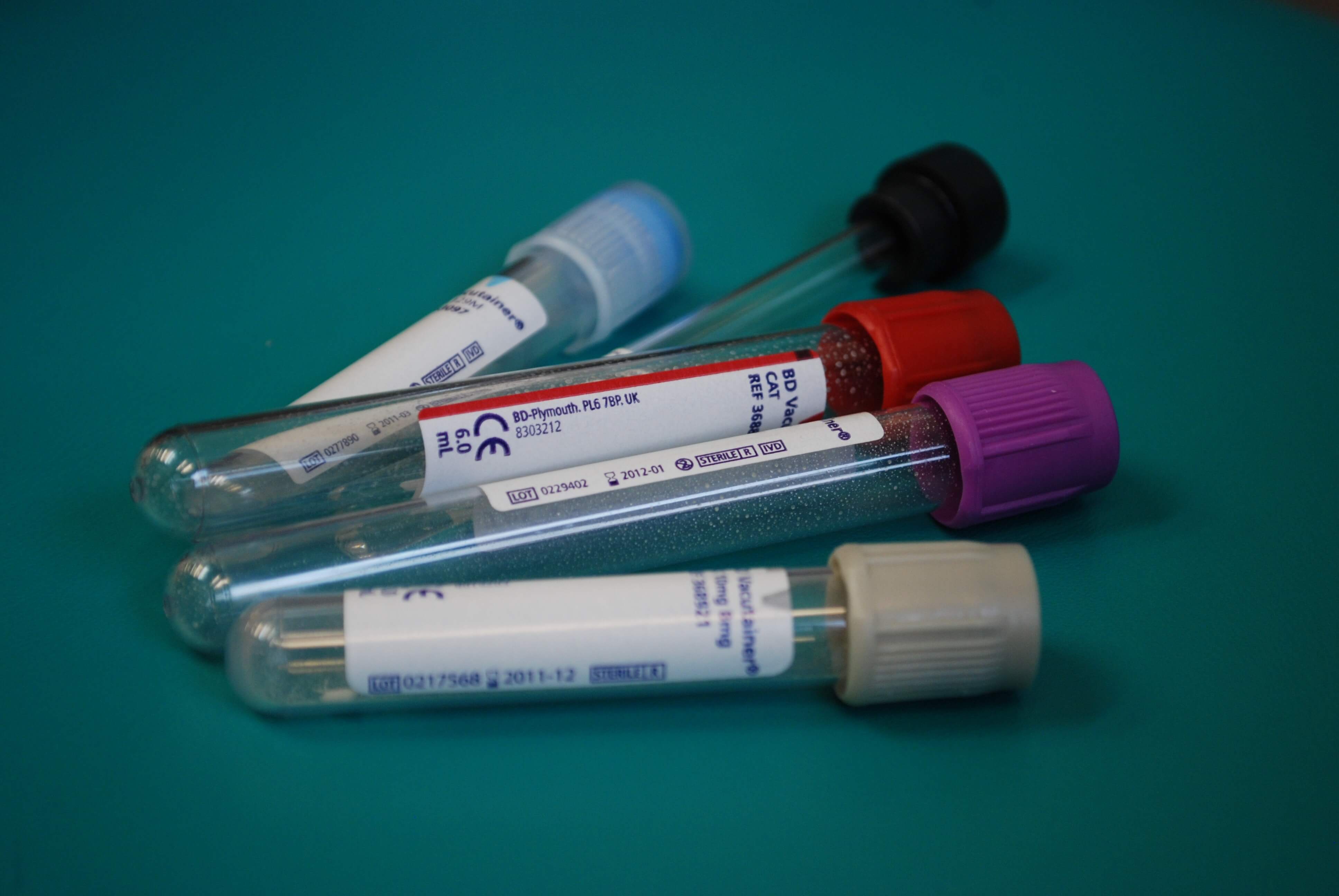Getting your Kidneys tested

Kidney disease usually has no symptoms until it’s at a serious stage.
"You can have quite serious kidney disease and feel absolutely fine," says Timothy Statham, chief executive of the National Kidney Federation (NKF). "You often don’t know you have kidney damage until your kidneys have deteriorated to working at just 15% of their normal function."
Although early kidney disease displays no symptoms, it’s easy for doctors to detect it. A routine blood test can check whether your kidneys are working properly. If the blood test is abnormal, a follow-up urine test can help to show why your kidneys aren’t working properly.
Experts suspect that up to two-thirds of people with kidney disease (as many as one in 15 adults) are unaware that they have this common condition. A quick, simple test is available from your GP.
Why have a kidney test?
The government recommends that everyone at high risk has a test for kidney disease every year. This will mean that more people with kidney disease will be identified when the disease is still at an early stage. This is important because:
- Treatment of mild-to-moderate kidney disease with medicines and changes in lifestyle can slow down kidney damage and avoid or delay the need for kidney dialysis or a kidney transplant.
- Earlier diagnosis of advanced kidney disease improves the success rate of dialysis and transplant.
- Early detection and treatment of kidney disease lessens the chance of it leading to heart disease.
- Kidney disease is common and it's affecting more and more people. The number of people receiving dialysis or a transplant for kidney failure in England is expected to rise by 50% in the next 10 years.
Who needs a kidney test?
You are most at risk of kidney disease if you have diabetes and/or high blood pressure (hypertension).
The chances of developing kidney disease increase as you get older. If you're male and if you're black or south Asian you're also more likely to develop kidney disease.
Read more about testing for kidney disease if you're black or south Asian.
Visit your GP for a kidney test if you have:
- diabetes
- high blood pressure
- vascular disease (conditions that affect the heart, arteries and veins, such as coronary heart disease or stroke)
- heart failure
- kidney stones or an enlarged prostate
- a close relative with kidney disease
Kidney symptoms to look out for
It’s also important to see your doctor for a kidney test if you already have symptoms of kidney disease. These include:
- producing more or less urine than usual
- feeling more tired than usual
- loss of appetite
- shortness of breath
Read more about what's involved in having a test for kidney disease.
Source: NHS Choices website.

